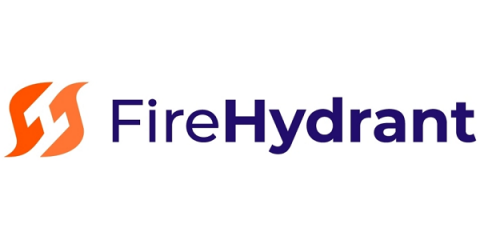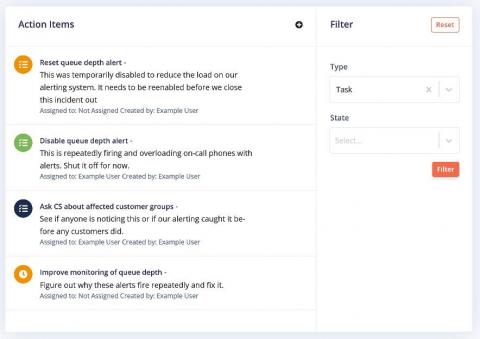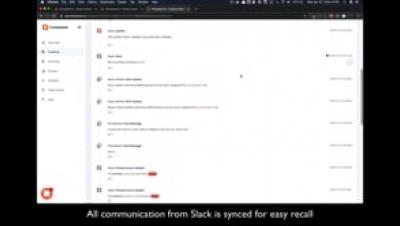Oncall and COVID-19 Survey Results
One of my concerns as COVID-19 took hold in the US was what the impact on teams that are oncall in tech would be. It can be extremely challenging to be oncall during a “normal” time, and this has been anything but normal. So, I decided to create a survey to learn more about what people’s experiences have been. The survey was conducted from April 8 to April 27, 2020, via a Google Form. It was anonymous and had 141 respondents.







